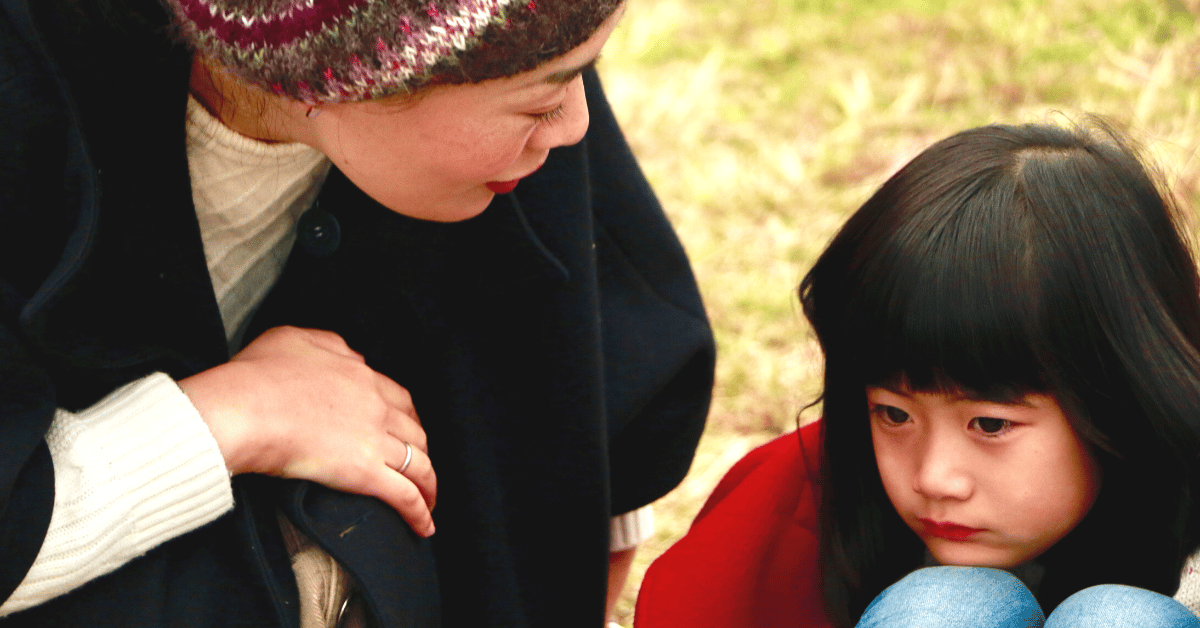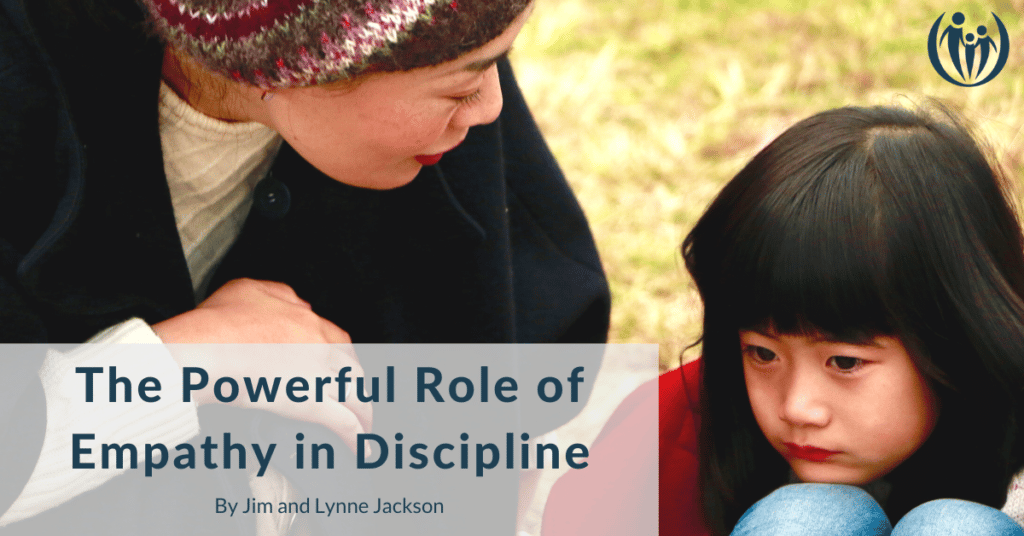
The Powerful Role of Empathy in Discipline

Could it be that one of the main reasons Jesus is so appealing to us, a reason we want to follow him, is that we see throughout scripture that he “gets” people?
He knows us. He understands us. He meets us where we are. Hebrews 4:15 essentially tells us that we have a high priest (Jesus) who empathizes with our every weakness. Following Jesus’ example, we represent his character to our kids when we empathize with them in their weaknesses.
Consider the power of empathy in this former coaching client’s story:
My four-year-old pitched a fit when we were saying goodbye to Papa and Nana before they traveled south for the winter. He insisted that he was going to go on the airplane with them to Arizona and was NOT going to come home with me! Normally, I would have angrily demanded that he obey me and get in the van and come home, and I would have punished him for the defiant attitude he had as we were leaving.
This time I kept calm, let him get out some of his rage, found him with his head in a corner and gently put my hand on him, and looked him in the eye.
I said, “Aaron, it’s really hard to say goodbye to Papa and Nana, isn’t it?”
He looked at me and then ran out of the house into our van with a tearful goodbye to my mom. It was amazing.
Big, sad tears streamed down his face all the way home. When we got inside, he jumped into my arms for a hug and I told him I loved him. He hugged me tightly and said, “Thank you, Mommy.”
Wow! What a transformation in me, and what a beautiful ending to a really hard time for him. Praise God!
A parent’s effort to empathize is a powerful way to reveal to kids the wonderful truth about who Jesus is. We hear stories every week from parents who have replaced their angry or harsh reactions to struggling kids with empathetic responses. They love what’s happening in their children’s hearts. We think you will too.
Empathy does not replace other aspects of discipline. In fact, when we start with empathy, it avoids the knee-jerk reactions that we often regret and then recant. Empathizing makes it easier to develop and follow through with any necessary consequences thoughtfully.
Try asking yourself these questions:
- When was the last time a conflict with my child spiraled out of control? What empathetic statement might I have made to calm the situation and communicate compassion?
- What is a common misbehavior in my house? What is my child probably experiencing and feeling at that time? What helpful statement could I have ready to express the next time it happens?




